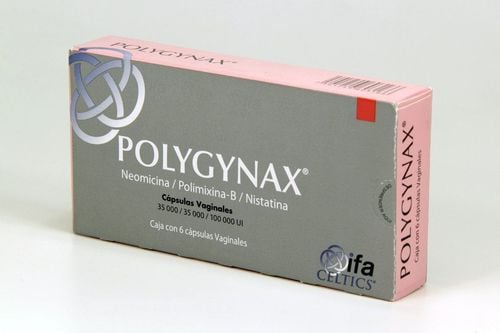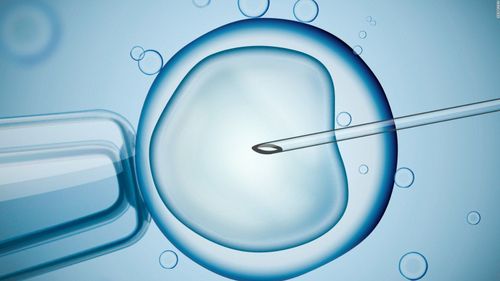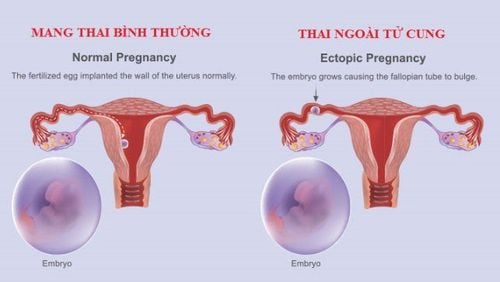This is an automatically translated article.
Rubella (also known as German measles or 3-day measles) is a benign infectious disease caused by the Rubella virus. This disease is transmitted through the respiratory tract when normal people breathe in nasopharyngeal secretions (saliva, nasal secretions) containing Rubella virus of an infected person, when in direct contact with sick people, when in contact with objects utensils (floors, tables, chairs, toys, etc.) that are contaminated with the patient's nasopharyngeal secretions.
Video content is professionally consulted by Master, Doctor Dinh Thanh Ha - Department of Obstetrics and Gynecology - Vinmec Nha Trang International General Hospital
Rubella vaccine is an allergy and immune system vaccine that works by stimulating the body to produce antibodies against the disease. If a pregnant woman is infected with this disease, it will often lead to the baby being born with defects related to the brain, heart, eyes, ears... Therefore, vaccination against Rubella in particular and vaccination against measles and rubella in general to prevent Prevention is essential.
World Health Organization (WHO) has recommended that rubella vaccination before pregnancy is one of the most effective solutions. After vaccination with rubella will help produce antibodies against Rubella virus, minimize the risk of infection during pregnancy, reduce the burden of disease for pregnant women. The fetus inherits immunity if Vaccinated pregnant mother: If the mother is fully vaccinated against rubella, it will help the child have passive immunity from the mother, protecting the baby during the first few months of life. If women are planning to become pregnant, they should be vaccinated with Rubella 3 months before becoming pregnant. Because after about 5-6 weeks, the body has produced antibodies against the virus that causes the disease.
However, in fact, there are many cases of women who are pregnant but don't know they are pregnant but still get Rubella vaccination or after having been vaccinated for measles, they are pregnant for less than 3 months. When falling into these cases, all women are extremely worried, not knowing if the fetus will be affected or not, or if they have been vaccinated with rubella, they will know if they are pregnant or not.
According to the view of the World Health Organization (WHO position paper): "No cases of congenital rubella syndrome have been recorded for more than 1,000 cases of pregnant women accidentally injected with Rubella without knowing they were pregnant. , in the early stages of pregnancy It is prudent to avoid giving rubella vaccine to pregnant women because it is a live attenuated vaccine and theoretically can cause birth defects in the baby, although this risk has not been established.
Thus, with data from studies showing that rubella vaccination during pregnancy has little or no effect on the fetus, therefore, mothers if unlucky Vaccinated during pregnancy does not need to be too worried or to terminate the pregnancy immediately, but should periodically monitor the pregnancy, screen for fetal malformations to make the right decision. Rubella before pregnancy is extremely important, women need to find an vaccination center, a medical facility with a stable and abundant source of vaccines, allowing to keep the vaccine until they are pregnant. To make sure your injections are on schedule.
Please dial HOTLINE for more information or register for an appointment HERE. Download MyVinmec app to make appointments faster and to manage your bookings easily.














